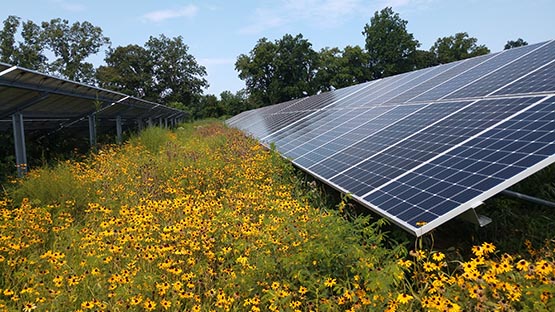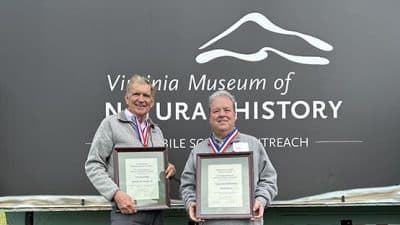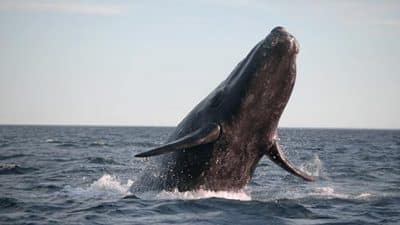
The event is titled “Contact Presents: An Evening with Bill Nye” and is free and open to the public. Tickets will be available the week of the event (Oct. 6-9) in Elrod Commons at W&L. There will a very small amount of seats available to non-ticket holders; tickets will be the only way to guarantee a seat.
Nye is a man with a mission: to help foster a scientifically literate society. He wants to help people everywhere understand and appreciate the science that makes the world work. Making science entertaining and accessible is something Bill has been doing most of his life.
His early fascination with how things worked led him to Cornell University where he earned a degree in mechanical engineering, after which he worked as an engineer at Boeing. It was in Seattle that Nye began to combine his love of science with his flair for comedy, where he worked as an engineer by day and a stand-up comic by night.
Eventually, Nye quit his day job and made the transition to a night job as a comedy writer and performer on Seattle’s ensemble comedy show “Almost Live.” This is where “Bill Nye the Science Guy” was born.
While working on the “Science Guy” show, Nye won seven Emmy Awards for writing, performing and producing. The show won 18 Emmys in five years. He also wrote five kids’ books about science, including his latest title, “Bill Nye’s Great Big Book of Tiny Germs.”
Nye is the host of “The 100 Greatest Discoveries” which airs on the Science Channel and “The Eyes of Nye,” which airs on pbs stations across the country.
Nye, the inventor, has two patents on educational products—a magnifier made of water and an abacus that does arithmetic like a computer. He has a patent pending on a device to help people learn to throw a baseball better, and his next patent is an improved toe shoe for ballerinas.
Nye visits Cornell regularly as part of the Frank H.T. Rhodes Visiting Professorship. He is currently the executive director of The Planetary Society, one of the largest space-interest organizations in the world.










